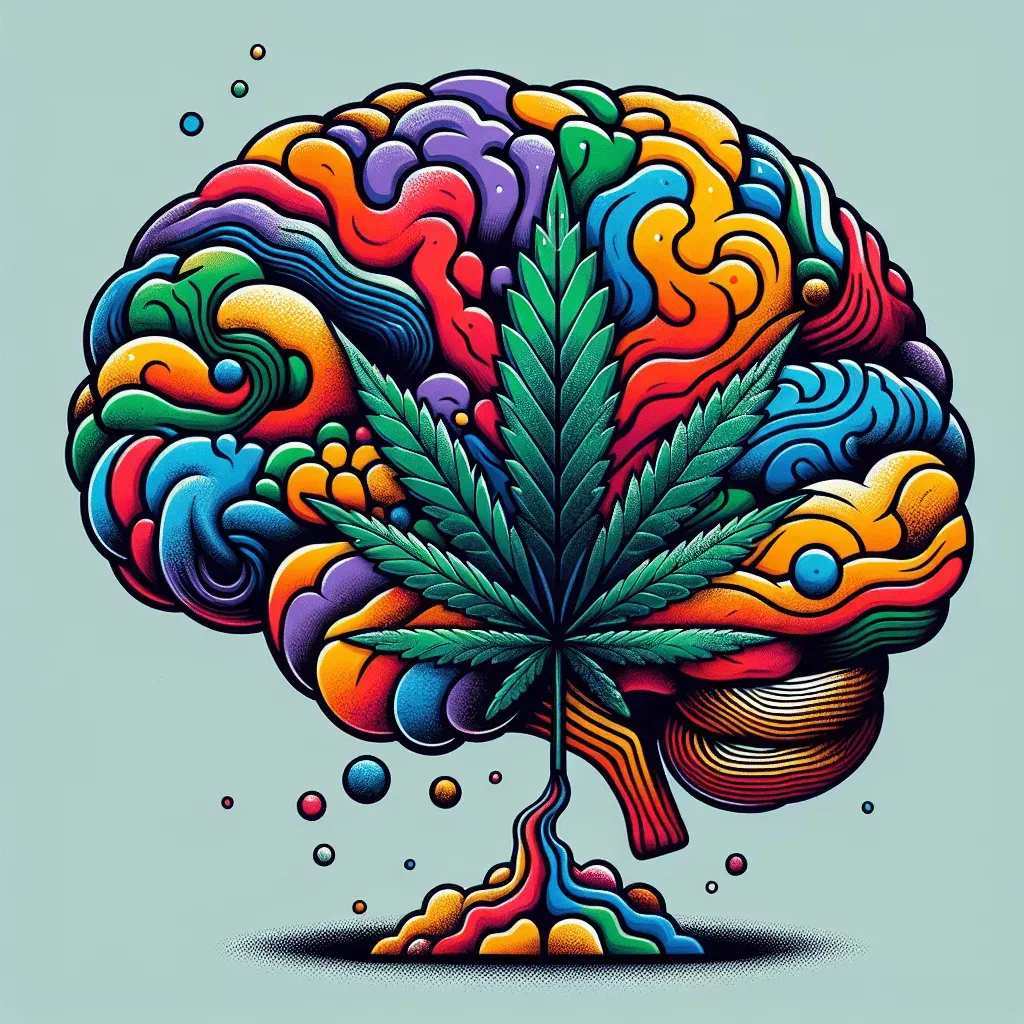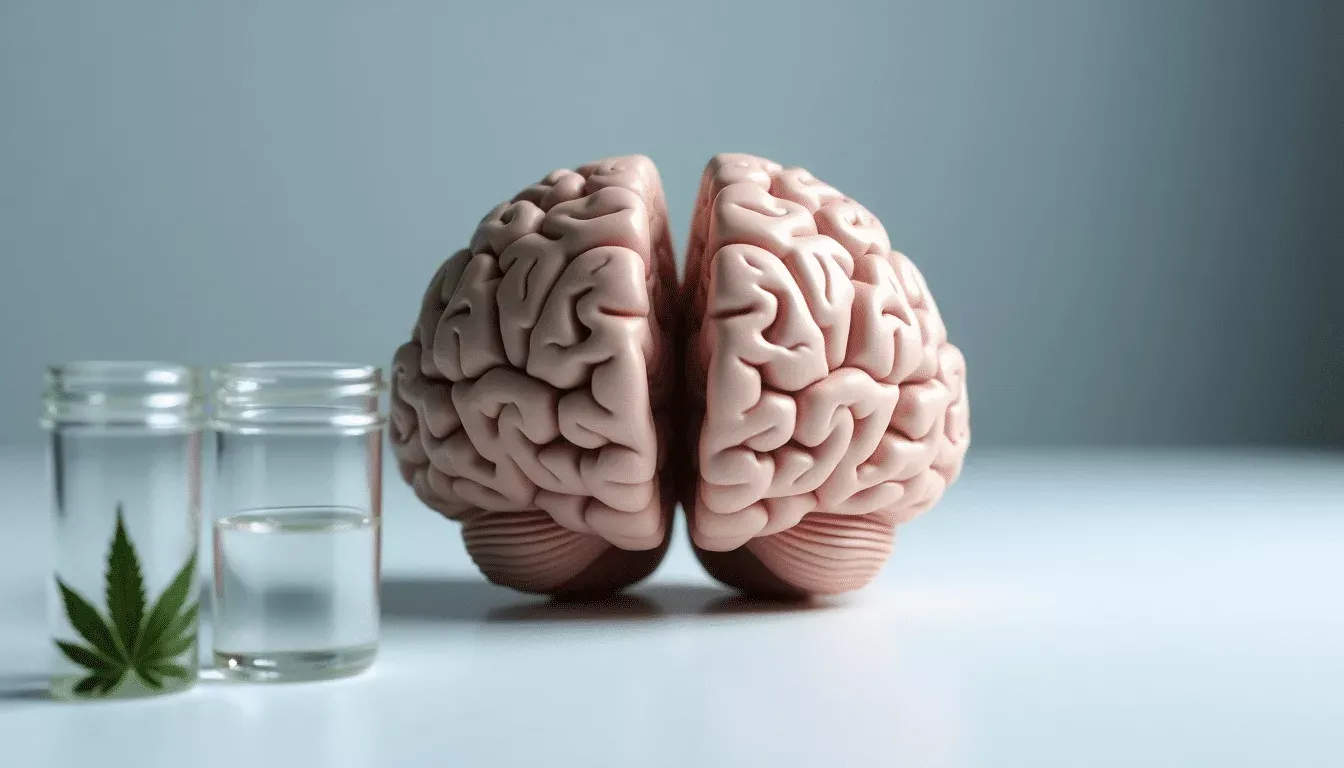Exploring Cannabis: Impacts on Mental Health
Introduction
Cannabis – a plant that has sparked debate, transformed industries, and even changed laws. As legal barriers fall across the globe, the conversation around cannabis is gaining unprecedented attention. But one of the most crucial areas of dialogue centers around cannabis and mental health. This topic encompasses a broad spectrum of opinions and research, leaving many curious about the plant’s actual impact. In this article, we will delve into the world of cannabis to understand its potential benefits and risks concerning mental health, and offer some insights into responsible usage.
Understanding Cannabis
Cannabis, commonly known as marijuana, refers to a group of three plants with psychoactive properties: Cannabis sativa, Cannabis indica, and Cannabis ruderalis. When consumed, cannabis can alter mood, consciousness, and perception, mostly thanks to its chemical compounds called cannabinoids. The most famous cannabinoid is tetrahydrocannabinol (THC), known for its psychoactive effects, while cannabidiol (CBD) is renowned for its potential therapeutic benefits without the “high.”
A brief history reveals cannabis has been utilized for over 5000 years, both medicinally and recreationally. In recent decades, as scientific research has expanded, our understanding of how cannabis interacts with the brain has grown. The endocannabinoid system, a complex cell-signaling system in our bodies, plays a significant role here – affecting processes such as mood, pain, appetite, and memory.
The Benefits and Risks of Cannabis on Mental Health
With society becoming more open to cannabis use, potential benefits on mental health have become a hot topic. Some studies suggest that CBD, in particular, might help manage anxiety, PTSD, and depression. For instance, CBD is believed to interact with serotonin receptors in the brain, promoting a feeling of well-being and alleviating anxiety.
On the flip side, the relationship between THC and mental health is more complicated. High doses of THC are linked to increased occurrences of anxiety, paranoia, and even psychosis, particularly in susceptible individuals or those with a predisposition to mental health disorders. Chronic use, especially when starting young, can impact cognitive functions and may contribute to Long-term mental health issues.
For some, cannabis can serve as a therapeutic agent, providing relief when traditional medications fail. For others, it may act as a catalyst for mental health issues, exacerbating underlying problems. The adage “too much of a good thing” holds true here, shedding light on why moderation and mindfulness are crucial.
Practical Tips for Responsible Cannabis Use
If you’re considering incorporating cannabis into your mental health regime, the mantra “start low and go slow” is your best friend. Begin with the lowest effective dose and gradually increase it as you monitor your body’s response.
- Research and Consult: Before diving in, read up on cannabis and consult healthcare professionals who are open to discussing the impacts on mental health. Websites like National Institute of Mental Health offer valuable insights.
- Choose the Right Strain: Different cannabis strains have varying effects. Indica strains are known for their calming effects, while sativa strains tend to be more energizing.
- Monitor Your Reaction: Keep a journal to track how different strains and dosages affect your mental state.
- Stay Informed: Keep up with the latest research to understand better how cannabis might affect your mental health.
Conclusion
Cannabis and mental health share a complex relationship that varies significantly from person to person. While some individuals find benefit in cannabis for mental health issues, others might experience adverse effects. The key is understanding your unique mental health landscape and approaching cannabis use with caution and respect.
As research continues to unlock the secrets of cannabis, staying informed and mindful is paramount. As you explore, consider sharing your experiences, and insights, and join conversations that can illuminate this fascinating intersection of cannabis and mental health. Stay tuned for more related articles or engage with the community by leaving comments below. Let’s advance the conversation together.
Frequently Asked Questions about Cannabis and Mental Health
1. Can cannabis cause mental health issues?
Cannabis use, especially in high doses or with frequent use, can be associated with an increased risk of mental health issues like anxiety, depression, and psychosis, particularly in individuals predisposed to these conditions.
2. Is cannabis effective for treating anxiety and depression?
While some individuals report relief from anxiety and depression symptoms through cannabis use, the evidence is mixed, and it can potentially exacerbate these conditions in some users. Consulting a healthcare provider is recommended for managing mental health issues.
3. How does cannabis affect schizophrenia?
Cannabis use can worsen symptoms of schizophrenia and increase the risk of developing this condition, particularly in those with a genetic predisposition. It is generally advised that individuals with a history of schizophrenia avoid cannabis.
4. Is CBD safe for mental health treatment?
CBD is generally considered safe and may help alleviate anxiety and other mental health symptoms, but more research is needed. Always consult with a healthcare professional before starting any new treatment.
5. Can cannabis improve sleep quality?
While cannabis may help some people fall asleep faster, it can affect the quality of sleep and disrupt the sleep cycle, possibly resulting in less restful sleep. It’s crucial to weigh the benefits and risks with a healthcare provider.
Related: medical Marijuana
Share this content:



